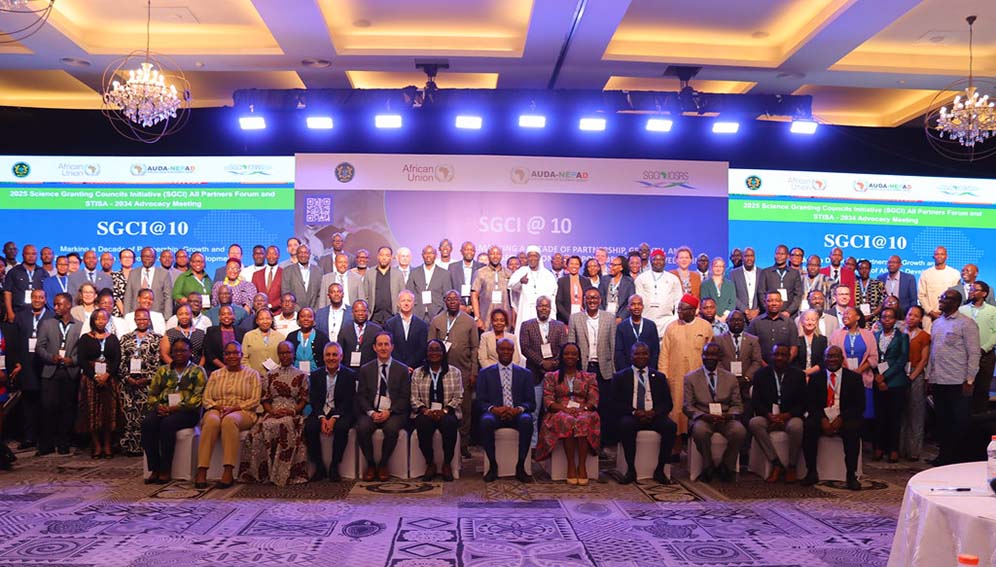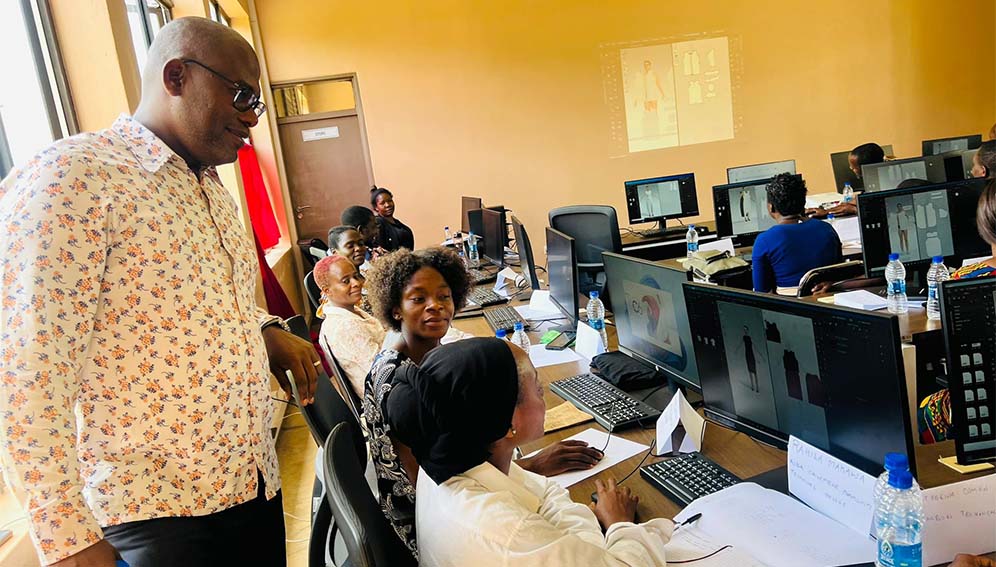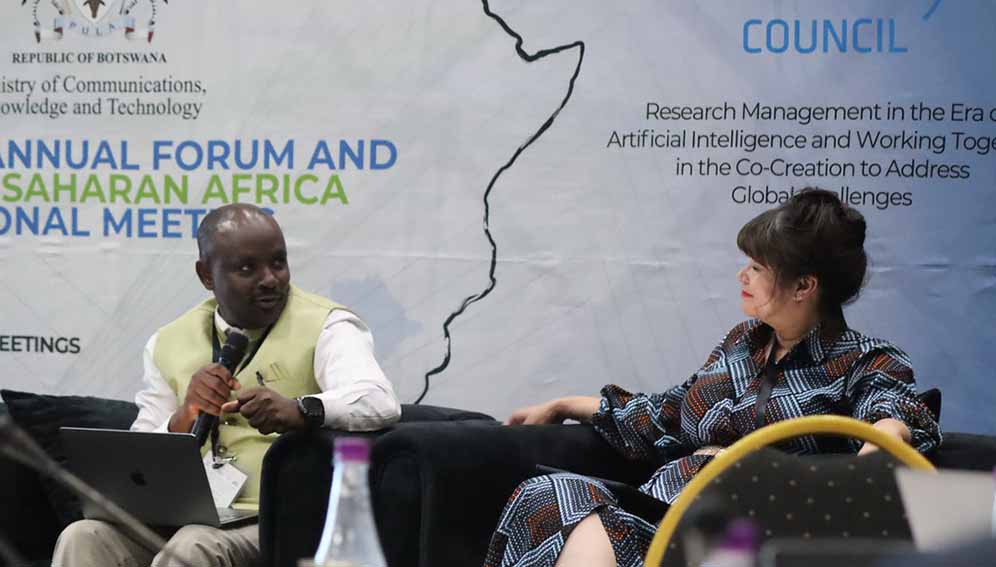SGCI News
[SciDev.Net] Millions of people parts of Africa are facing record levels of hunger, the UN World Food Programme has warned. Yet at the same time, the region is rapidly losing…
[SciDev.Net] Millions of people parts of Africa are facing record levels of hunger, the UN World Food Programme has warned.
Yet at the same time, the region is rapidly losing forests, one of its most valuable food sources.
According to the Food and Agriculture Organization, the rate of forest loss in Africa has been increasing steadily over the last three decades, with 3.94 million hectares lost between 2010 and 2020.
These forests are not just biodiversity hotspots, they are vital to the survival of millions of people who rely on them for wild foods, medicine, fuel, and income.
The result is a vicious cycle. As food insecurity grows, people turn to forests for survival, increasing deforestation. But as these forests disappear, so too does a critical safety net that could help communities cope with hunger and climate shocks.
In this episode of Africa Science Focus, reporter Michael Kaloki investigates why protecting forests is essential for food security across the continent.
Laura Mukhwana, coordinator of the Global Landscapes Forum in Nairobi, Kenya, explains that forests play a direct role in local food systems.
She also warns that forest conservation won’t work without better communication between researchers and the communities who depend on these resources.
Richard Sufo, a Cameroonian scientist at the Center for International Forestry Research and World Agroforestry, points to traditional agroforestry systems, where trees and crops grow together, as a powerful, homegrown solution. He says it is important to integrate traditional knowledge with modern science to protect forests and build resilient food systems.
In Uganda, Joel Ngobi is putting these ideas into action. Through the School Food Forest Initiative, he combines indigenous knowledge with modern science to improve student nutrition and teach sustainable land management. His model empowers communities to grow their own food while conserving the land.
————————————————————————————————————
This podcast was supported by the Science Granting Councils Initiative which aims to strengthen the institutional capacities of 18 public science funding agencies in Sub-Saharan Africa.
Do you have any comments, questions or feedback about our podcast episodes? Let us know at podcast@scidev.net
Africa Science Focus is produced by SciDev.Net and distributed in association with your local radio station
This piece was produced by SciDev.Net’s Sub-Saharan Africa English desk.
Related News
The TWAS-DFG 2026 cooperation visits programme call is now open.
The call is now open for the TWAS-DFG Cooperation Visits Programme for Sub-Saharan Africa. The programme is a collaborative effort between The World Academy of Sciences (TWAS) and the Deutsche Forschungsgemeinschaft (DFG, German Research Foundation) to foster international scientific partnerships. The TWAS-DFG programme provides postdoctoral…
Uniting Malawi’s innovators: NCST’s push to bridge the coordination gap
How does Malawi move from pockets of innovation to a truly connected national ecosystem? In this interview with the Science Granting Councils Initiative, Isaac Chingwota, acting director for Technology Transfer, Innovation and Commercialisation at the National Commission for Science and Technology (NCST), explains why coordination…
Namibia launches BOOSTUP programme to bridge innovation gaps
Many promising technology-driven ideas struggle to progress beyond the concept stage due to limited access to early-stage support and mentorship. These challenges highlight the need for targeted interventions that could transform innovative ideas into viable and scalable solutions. It is against this backdrop that the…
SGCI funded projects
Rwanda’s integrated approach to sustainable agriculture and nutrition
Project Titles & Institution Areas of Research Number of Projects being funded Project Duration Grant Amount In-Kind Distribution Council Collaboration with other councils





